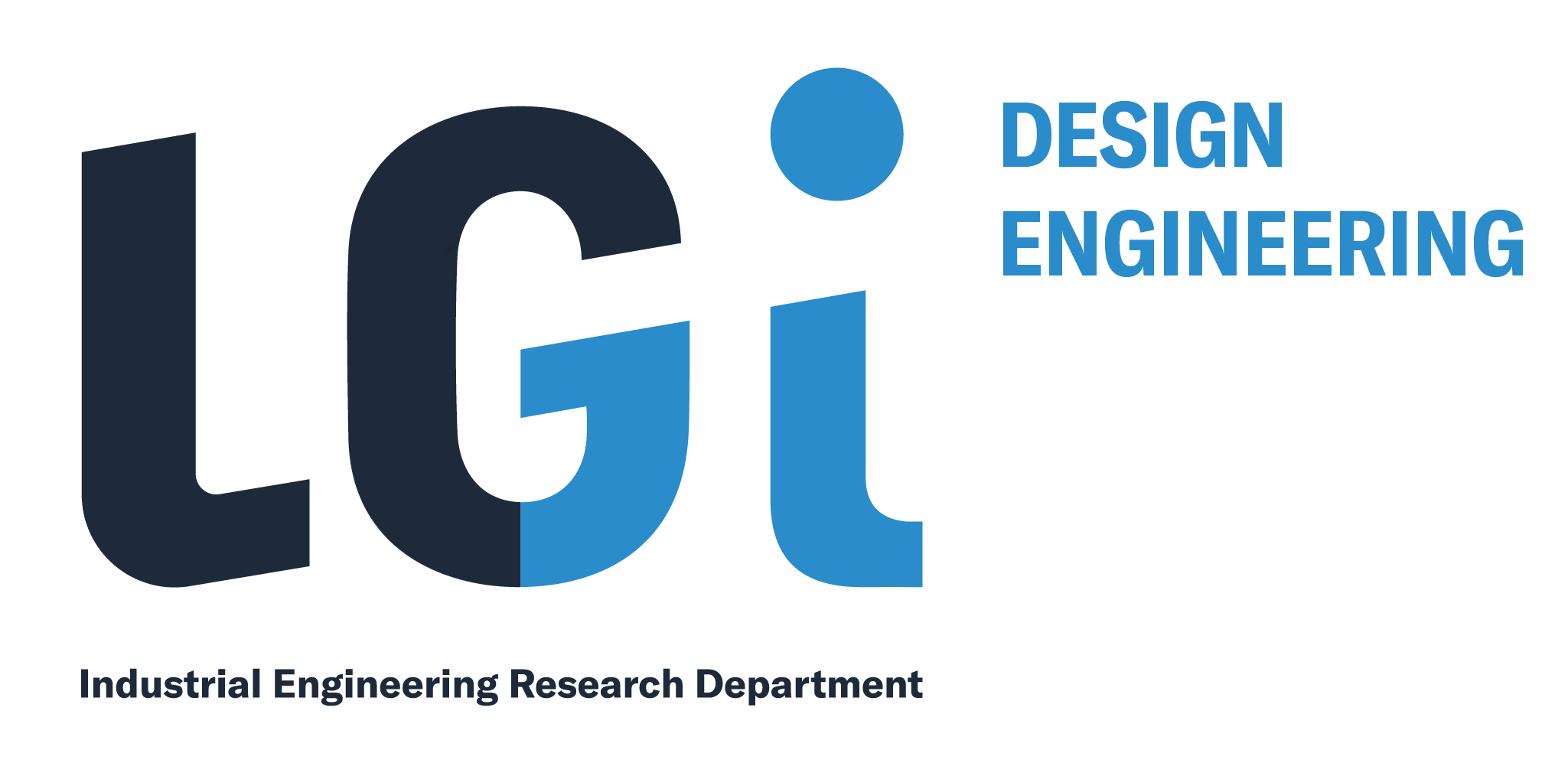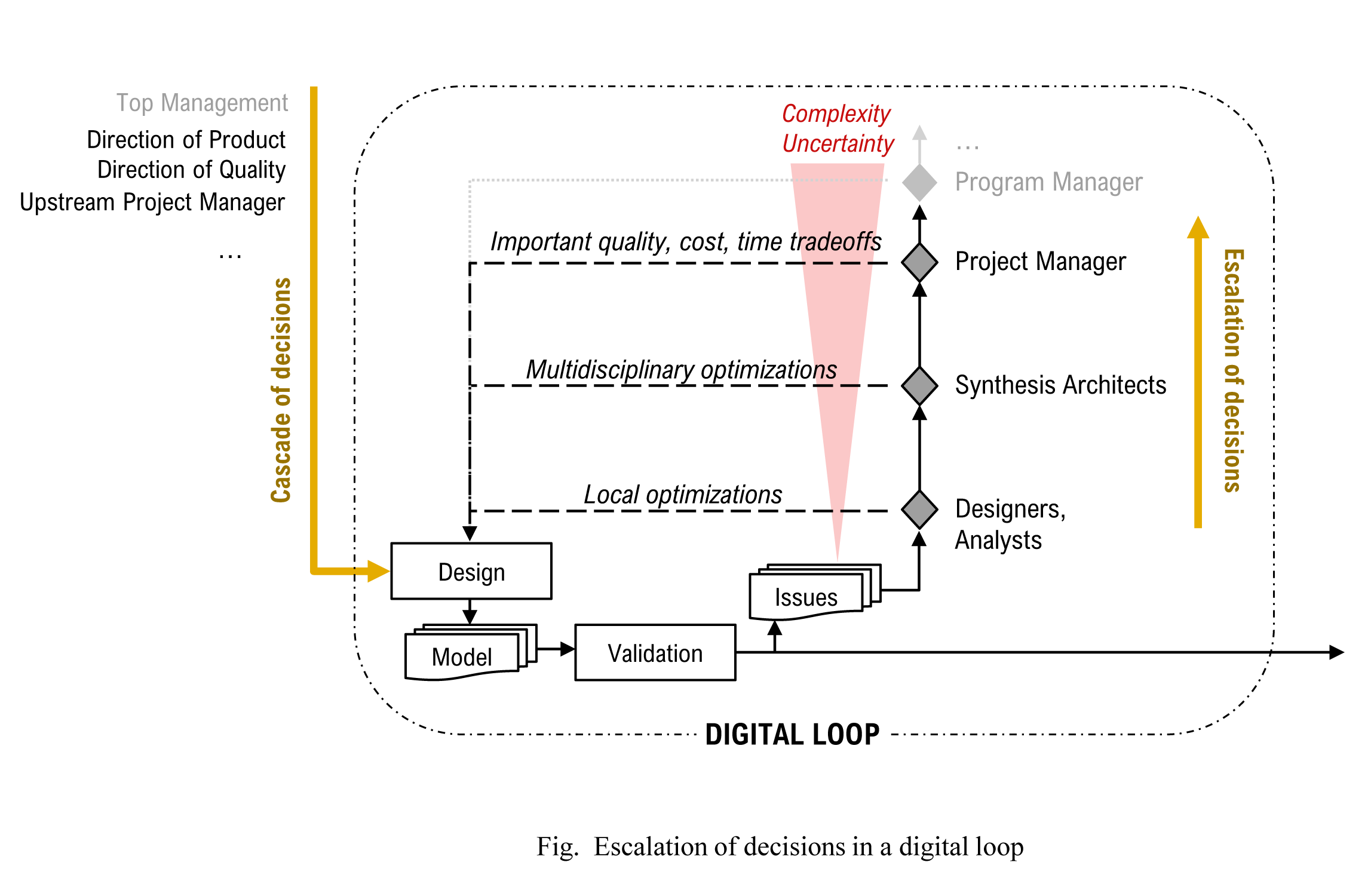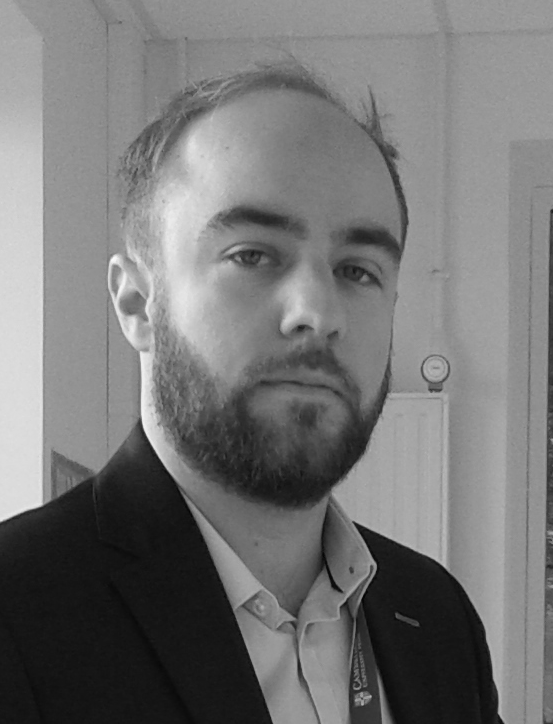DESIGN ENGINEERING RESEARCH GROUP

| MEMBERS | PUBLICATIONS | DEFENSES HISTORY | |
Research areas and resultsOur research aims at assisting complex system design and engineering activities, combining the product/service, process and organizational dimensions. The main topics are about diagnosing, modeling, analyzing, simulating and optimizing complex systems through 3 axes.
|
Our team is organized around 3 axes:
1. Design of complex systems: it aims at developing methods and tools supporting decision-making with regard to design of products/services/systems, organizations, projects, and systems of systems. In 2020, results in risk domain were notably an agile framework for managing project risks based on complex systems theory and an analysis of contract related risks propagation through an original framework of interdependent performance factors. The automotive domain has been focusing on structuring knowledge support for the context of simulation-aided-design (one PhD completed). Lastly, several design and modelling approaches supporting design of Systems of Systems have been proposed. The contributions (3 PhDs completed) extended system architecture frameworks to 1), support autonomous car development based upon Operational Context modelling, 2) support collaborative development or Product Service Systems of Systems and 3) support reconfiguration combining design and use phase date (in the IoT context).
|
Research Group Head
francois.cluzel@centralesupelec.fr +33(0)1.75.31.63.49 Building Bouygues - Office SB253 |
2. Design of sustainable systems: aims at developing methods and tools to model, measure and optimize sustainable performances of complex systems. In 2020, research activities particularly dealt with sustainable mobility, with the launch of an EcoSD project with Stellantis on the eco-design of charging systems and batteries for the mobility on a territory or the launch of a MDPI Sustainability special issue on “Reconciling High tech and Low tech for sustainable urban mobility”. The development of eco-design methodologies for generating sustainable architectures of complex industrial systems, and the development of circularity indicators are still major research topics. On the latter, a call for project “Benchmark of circularity indicators and links with LCA” launched by ScoreLCA has been jointly won with Evea.
KEY FIGURES
- 31 Members
- 3 Research Chairs
- 4 PhDs Completed in 2022
- 8 Journals in 2022
- 10 Conference papers in 2022
- 1 Books in 2022
- 2 Chapter Books in 2022
3. Innovation engineering consists in bridging the gap between business strategy, R&D planning, product road-maps, conceptual design and innovation processes. In addition, we are developing and enhancing a structured and complete innovation methodology to innovate on complex systems from the viewpoint of users, named Radical Innovation Design® (RID). In 2020, first developments of a digital platform were achieved for supporting the RID methodology, along with important advances in decision making algorithms and a RID serious game has been designed and tested for teaching with fun. New researches have also been launched on the «Mobility of the future and urban life» theme of the Anthropolis chair and focus on plausible future mobility services integrated into the urban life of citizens by 2030-2050.


Research Project
We aim at integrating our design science-based approa-ches at a higher system level, integrating also the digi-talization of such systems and associated organizations. More precisely, for axis 1, the research project deals with systems of systems design, deeper modeling of interde-pendencies between system and project components, synchronization or sequencing of multiple interrelated decisions, and integration of innovative management mo-des (notably considering the co-existence with traditional management modes). Axis 2 aims at developing and pro-moting circular economy, evolving from an evaluation to a management mode, including a prioritization of actions and investments. This will be based on the improvement of multi-criteria multi-scale and multi-actor simulation and optimization models. About axis 3, the project is two-fold: characterizing the potential and maturity of an in-novative technology on relevant markets, and digitalizing innovation in order to make innovation activities more ef-fi cient, attractive and fl uid


